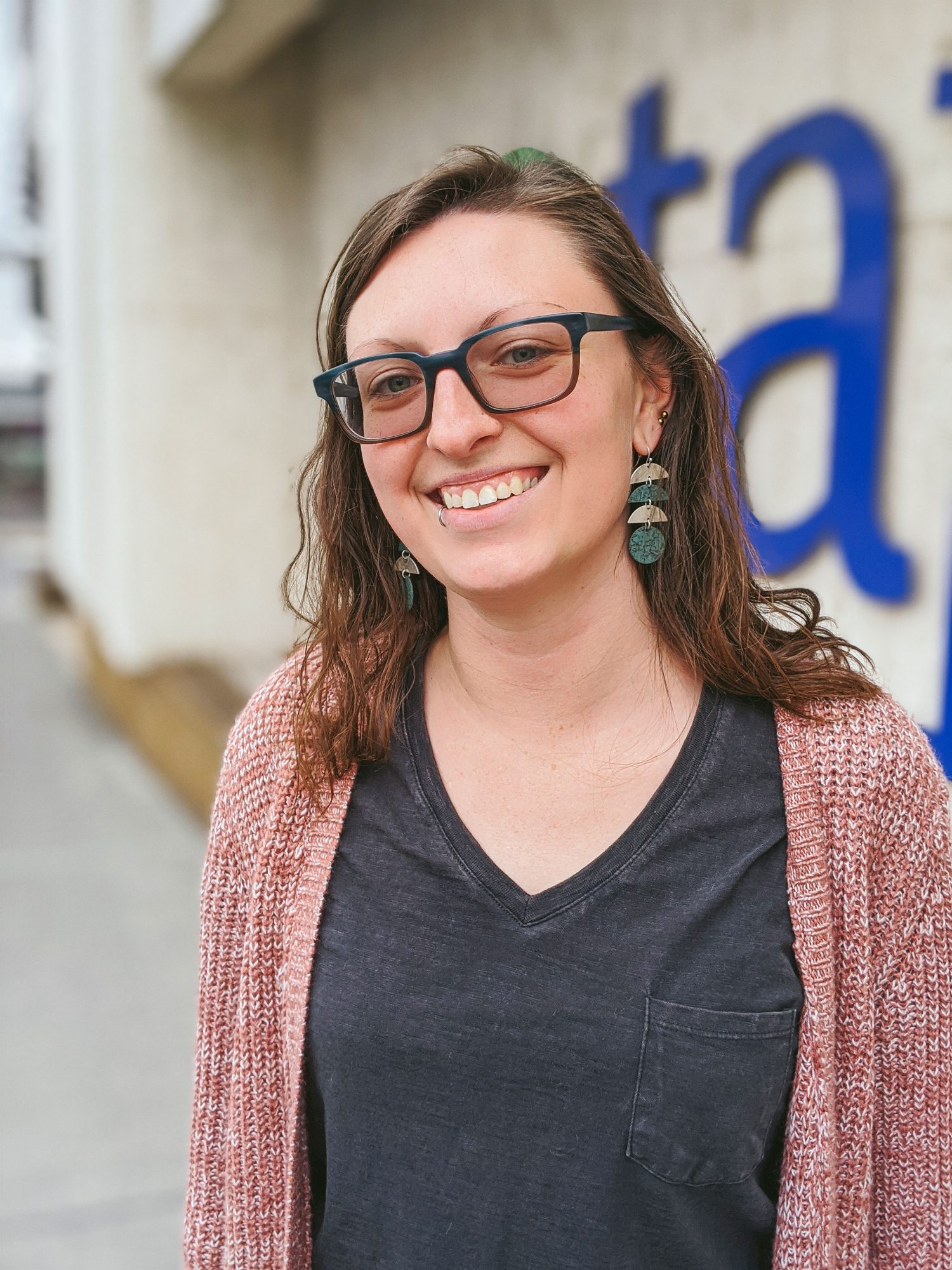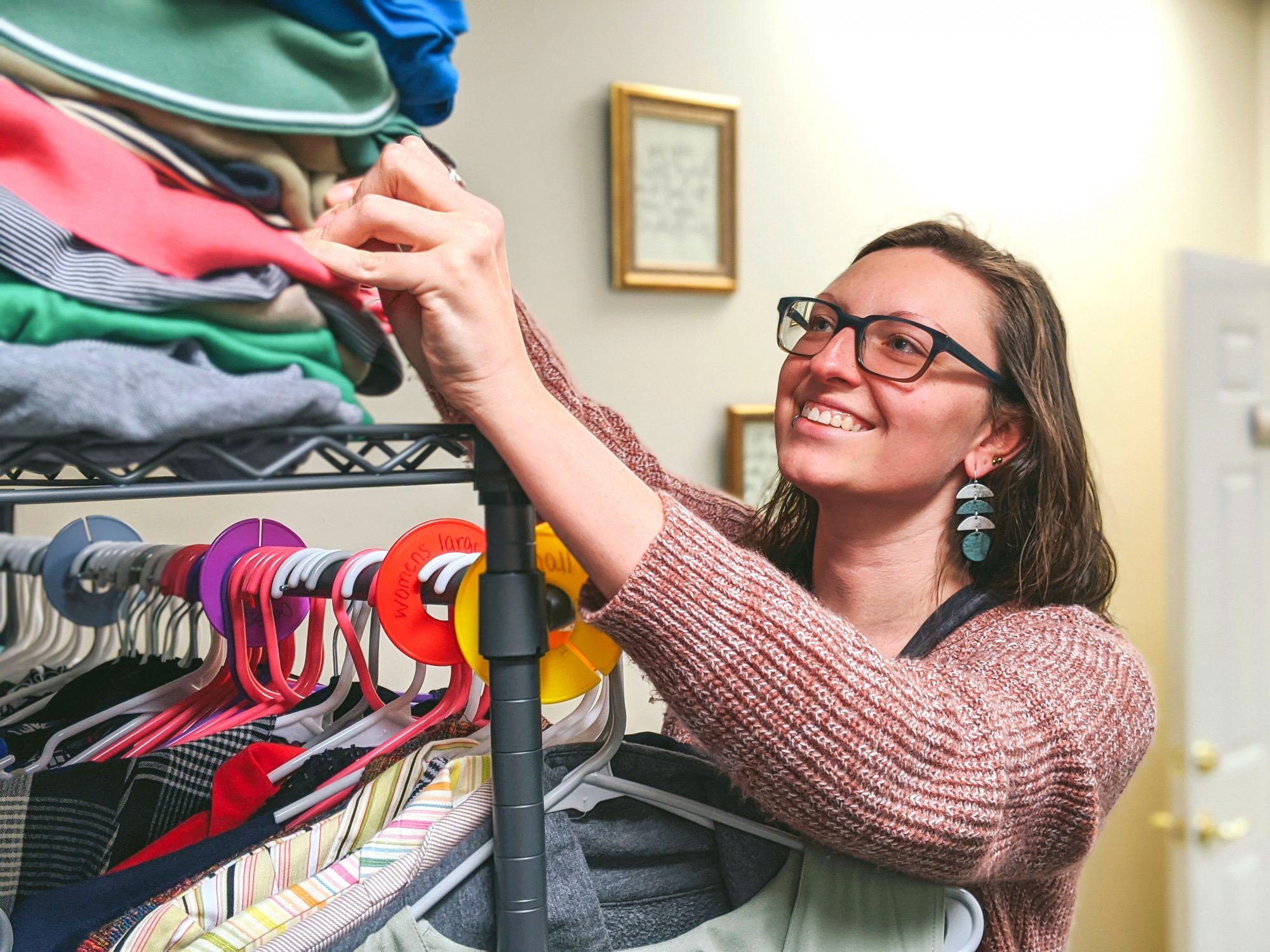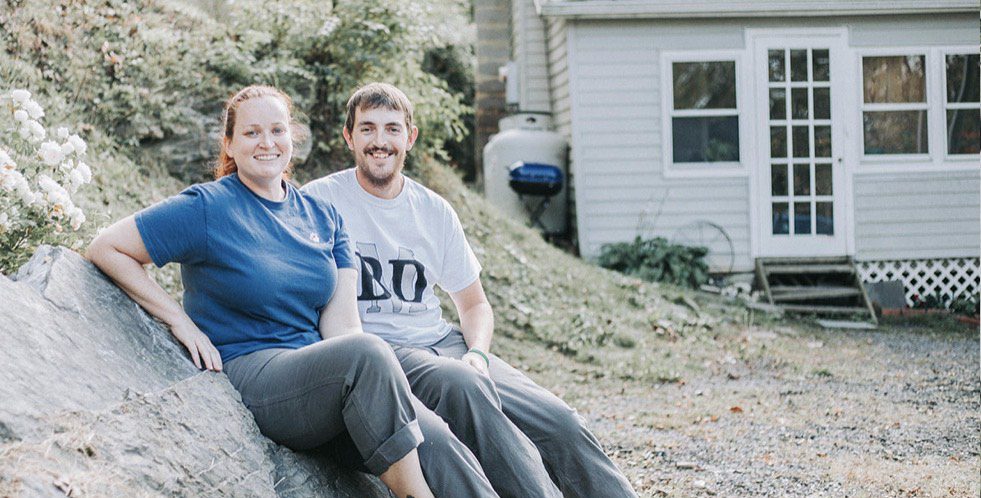Practical Philanthropy – Monthly Giving
David and Nicole Aldridge support TAP with consistent monthly gifts. When asked about why monthly giving works for them, they shared that they practice the principle of giving ten percent, saving ten percent, and living on the rest. Their practical approach of including TAP in their budget each month has paid dividends for the community TAP serves, as their monthly investments have helped us reach thousands of people in the areas of housing, education, employment, and safe and healthy environments.
Paying it Forward
For the Aldridges, personal philanthropy is about investing in organizations that align with their values. The concept of paying it forward resonates deeply with them. “Part of it is recognizing that we are very fortunate to have been very privileged growing up,” explains David. “That privilege has provided us with many opportunities. A lot of people weren’t born with those opportunities [we were given]. There are a lot of structural things about our society where people are set up with disadvantages.” David sees their monthly giving budget as a way to help create opportunities for people who weren’t born with them, or who may have made bad decisions in the past. “TAP will help them work through that and turn the page to a new chapter in life. That’s what we look for [in a charity].”
A sense of urgency also motivates them. “There is a responsibility we have as human beings to do what we can to help each other and to look out for one another. Organizations like TAP and local groups that are trying to take care of people, I think those are more important than they’ve ever been,” says David.
Ordinary People Making an Impact
The Aldridges are a great example of what works when it comes to investing in our community. Sargent Shriver, who was the architect of President Lyndon B. Johnson’s war on poverty, wrote of people who support TAP that “poverty can be overcome, if not entirely, at least very substantially, by ordinary people, using ordinary means, with extraordinary spirit.” The Aldridges have demonstrated how this is true—their monthly giving is a way of exercising a consistent effort that, over time, creates an extraordinary impact.
To join the Aldridges in the practice of monthly giving, please visit tapintohope.org and set up a monthly recurring gift through our online giving form.





